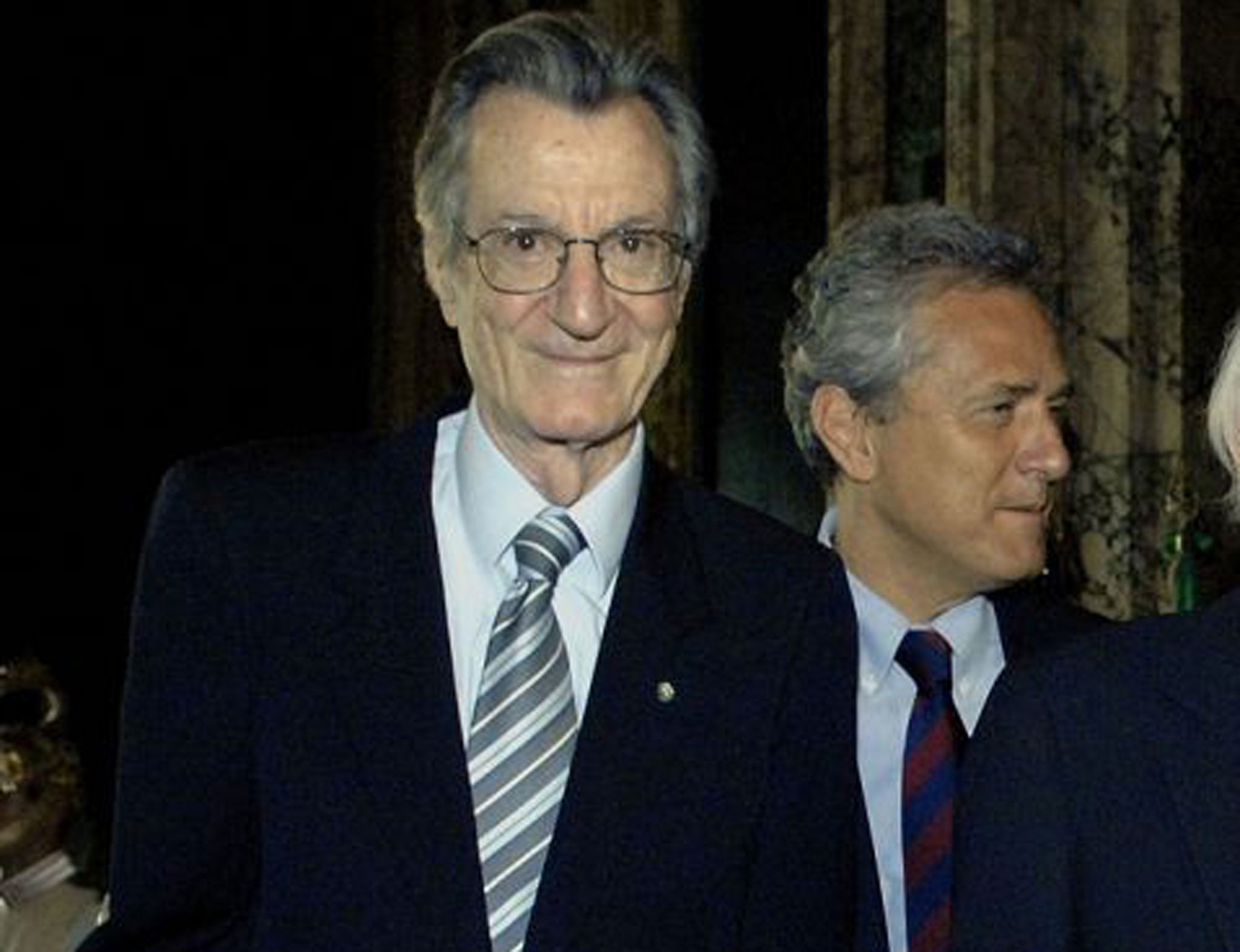Obituary: Carlo Lizzani
Film critic who became an acclaimed screenwriter and director

Carlo Lizzani, who died on 5 October at the age of 91, was a film critic who became a screenwriter and much-lauded protagonist of Italian Neorealism. He died after falling from the third-floor balcony of his home in Rome and authorities are investigating whether it was suicide.
Born in Rome in April 1922, Lizzani started out as a film critic and then a writer, working on Roberto Rossellini's 1948 Germany Year Zero, the final film in his trilogy about the Second Word War, following on from Rome, Open City and Paisa. Lizzani's first film under his own name was a 1948 documentary about the Italian Communist Party leader Palmiro Togliatti.
He then wrote Giuseppe De Santis' 1950 film Bitter Rice, which earned him an Oscar nomination. The film portrays two small-time criminals, Francesca and Walter, in northern Italy. In an effort to avoid the police, Francesca joins a group of women rice workers, meeting a voluptuous peasant rice worker, and a soon-to-be-discharged soldier. Walter follows her to the rice fields, and the four characters become involved in a complex plot involving robbery, love, and murder.
Other collaborators included the likes of Jean-Luc Godard, Marco Bellocchio, Bernardo Bertolucci and Pier Paolo Pasolini, with all of whom he co-directed the 1969 portmanteau film Amore e rabbia (“Love and Anger”). Lizzani's section, “Apathy”, depicted a New York rape victim whose cries for help fall on deaf ears.
The Academy of Italian Cinema awarded him Best Director for his 1968 film The Violent Four about a manhunt for bank robbers, and best screenwriter for the 1996 film Celluloide about the making of Rome, Open City. He directed the Venice Film Festival from 1979-1982, and was a member of the Berlin Film Festival jury in 1994.
The Italian president Giorgio Napolitano, who knew Lizzani for decades, honoured him for his contributions to “cinema, to culture and to the democratic development of our country”. Paolo Baratta, president of the Venice Biennale, whose components include the Venice Film Festival as well as arts, dance and architecture sections, said, “The Biennale is crying on the day of Carlo Lizzani's death. He knew how to give the festival new energy. He knew how to create a nucleus of young students and experts that would represent in future years the true elite. The world of Italian cinema owes him a lot.”
Join our commenting forum
Join thought-provoking conversations, follow other Independent readers and see their replies
Comments
Bookmark popover
Removed from bookmarks